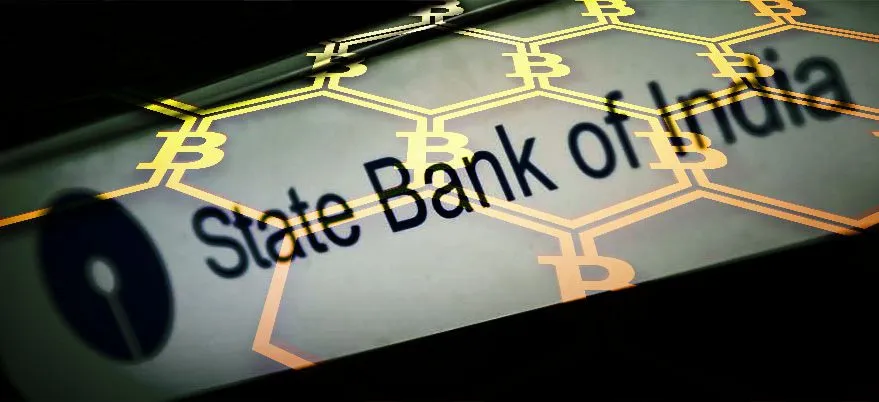|
Getting your Trinity Audio player ready...
|
The State Bank of India has unveiled fresh plans for a blockchain smart contracts beta test, with plans for a rollout of more blockchain processes on the horizon.
The bank, which is owned by the Indian government, looks set to trial smart contracts within the next month, in addition to rolling out plans for a blockchain-based system to handle know-your-customer, or KYC, compliance obligations.
The blockchain systems have been devised as part of the bank’s work with BankChain, a consortium of different banks and financial services companies researching industry-specific applications of the technology.
Established only in February of this year, BankChain now comprises some 27 members, and has already devoted resources to a number of different projects in support of banking-specific use cases for blockchain and distributed ledger technology.
The State Bank of India’s head of innovation, Sudin Baraokar, said that the initial smart contract trials will deal with “simple things”, like processing non-disclosure agreements, speaking in support of the work of the BankChain consortium.
“A lot of internal processes can be contracted. We do a lot of IT procurement, a lot of it can be implemented using blockchain…By next month, we should have two beta production solutions ready for use by the 27 banks. We will also invite further participation. The beta production that will be ready are smart contracts and second is KYC.”
At the same time, SBI has announced plans that would see the bank establish a new centre for innovation in Mumbai, which will work with other companies in blockchain research to supplement the efforts of the BankChain group – expected to come on-stream by mid 2018.
Addressing the work of the BankChain consortium, Baraokar said that by bringing multiple industry partners on board at the same time, the group was reducing the risks of investing in blockchain technology.
“BankChain is a big move. It is getting all banks together and collaborating. It is also de-risking our investment in emerging tech, so that all banks can come and invest at once…we can also share knowledge and reduce the cost.”
“We can also use each other’s technical teams to take this forward. We focused on solutions that the bank does not have…things like smart contracts, which is not regulatory heavy. We focused on those solutions.”

 07-15-2025
07-15-2025 





